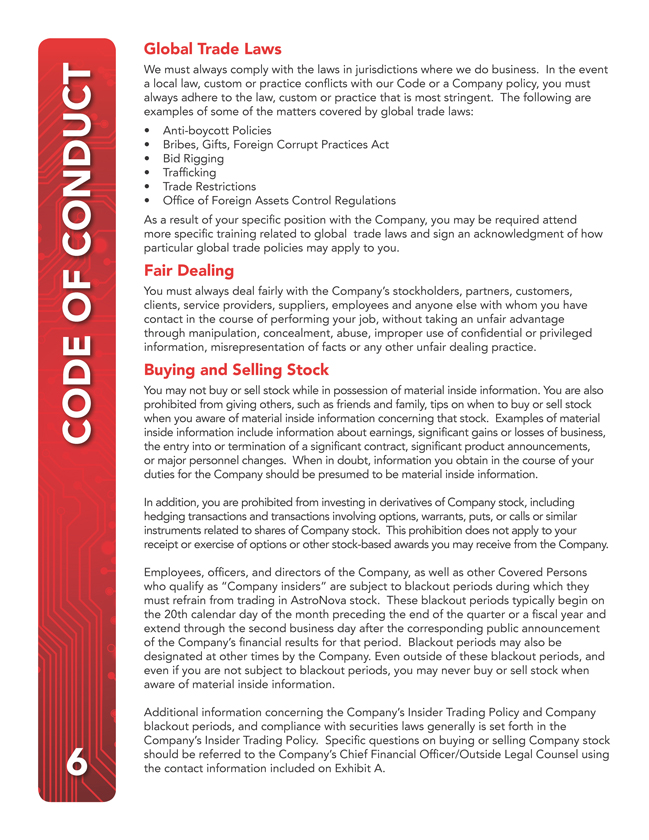Did you know that more day traders get tangled in legal issues than in market fluctuations? In the fast-paced world of day trading, understanding legal pitfalls is crucial for success. This article dives into the main legal risks day traders face, including compliance issues, insider trading, and the complexities of SEC regulations. We’ll also explore how to avoid unintentional violations, the paperwork required, and the implications of tax laws and leverage use. Additionally, we’ll highlight the dangers of unregulated platforms and the importance of adhering to wash sale rules. Stay informed and protect your trading journey with insights from DayTradingBusiness.
What are the main legal risks for day traders?
The main legal risks for day traders include violating pattern day trading rules, failing to meet margin requirements, engaging in insider trading, and neglecting proper record-keeping. They also risk accusations of market manipulation and misrepresenting their financial status to brokers. Falling afoul of SEC or FINRA regulations can lead to fines, account restrictions, or legal action.
How can day traders unintentionally break securities laws?
Day traders can unintentionally break securities laws by engaging in pattern day trading without meeting the $25,000 minimum equity requirement, executing short sales without proper approval, misrepresenting their intentions in account applications, or failing to adhere to regulations on wash sales and insider trading. They might also ignore rules about maintaining accurate records or using improper trading practices that manipulate the market.
What are the common compliance issues in day trading?
Common compliance issues for day traders include failing to adhere to pattern day trading rules, not maintaining the minimum account balance of $25,000, violating SEC regulations on market manipulation, neglecting proper recordkeeping, and engaging in unauthorized trading activities. They also often overlook disclosure requirements, ignore restrictions on short-selling, and fail to comply with FINRA or broker-specific rules.
How does insider trading affect day traders?
Insider trading can lead to severe legal consequences for day traders, including hefty fines and jail time. If a day trader uses non-public information, authorities can seize profits and impose criminal charges. It undermines market integrity, increasing scrutiny and risk for legitimate traders. Getting caught can ruin a trader’s reputation and end their career.
What legal regulations must day traders follow?

Day traders must follow regulations set by the SEC and FINRA, including pattern day trader rules requiring a minimum $25,000 account balance. They must report all trades accurately, avoid insider trading, and adhere to anti-fraud laws. Using margin accounts involves specific rules, like margin calls and restrictions on trading certain securities. Failing to keep proper records or violating trading limits can lead to fines or account restrictions.
How can day traders avoid violating SEC rules?
Day traders avoid violating SEC rules by thoroughly understanding and following regulations on margin use, pattern day trading rules, and reporting requirements. They stay updated on SEC guidelines, maintain accurate records, and avoid manipulative practices like pump-and-dump schemes. Using compliant trading platforms and consulting legal or compliance experts also helps prevent violations.
What are the penalties for illegal trading activities?
Penalties for illegal trading include hefty fines, imprisonment, and bans from trading. Authorities can seize assets and impose criminal charges for fraud, market manipulation, or insider trading. Convictions often lead to costly legal battles and damage to reputation, making illegal trading a high-risk gamble.
How does pattern day trading impact legal compliance?
Pattern day trading requires maintaining a minimum of $25,000 in your trading account. Falling below this triggers restrictions, like limiting trades to only one per day, risking violations of SEC rules. Not adhering to the pattern day trading rule can lead to account suspension or forced liquidation. Traders must document and report their trades accurately to avoid regulatory penalties. Ignoring these rules risks legal trouble and financial penalties, making compliance essential.
What paperwork and documentation are required for day traders?
Day traders need to keep detailed records of all trades, including trade confirmations, brokerage statements, and profit/loss reports. They must also maintain copies of their tax filings, such as Schedule D and Form 8949, and retain records of expenses related to trading. Proper documentation of account registration, especially if registered as a business or LLC, is essential. Additionally, traders should keep track of any communication with brokers and relevant legal documents to ensure compliance and support audits.
How do tax laws impact day trading legality?

Tax laws affect day trading legality by classifying traders as investors or professionals, which determines tax treatment. Misreporting income, failing to pay taxes on gains, or not following IRS rules for trading activity can lead to legal issues. Traders must accurately track trades, report profits or losses, and adhere to IRS regulations to avoid penalties. Ignoring tax obligations or claiming false deductions risks legal trouble.
Learn about How to Stay Compliant With Day Trading Laws
What are the legal concerns with using leverage in day trading?
Using leverage in day trading can lead to legal issues like violating margin regulations set by the SEC or FINRA. Overleveraging may result in regulatory scrutiny or account freezes if traders exceed permissible limits. Failing to disclose leverage properly or engaging in risky trading without understanding legal boundaries can trigger penalties. Some traders also risk legal action if they manipulate markets or engage in fraudulent activities, often linked to high leverage use. Always stay within legal margin requirements to avoid fines, account closures, or legal claims.
Learn about Are There Legal Limits on Leverage in Day Trading?
How can day traders prevent fraud and manipulation charges?
Day traders can prevent fraud and manipulation charges by strictly following market rules, avoiding false information, and not engaging in wash trades or pump-and-dump schemes. They should keep detailed records of all trades, stay within legal trading limits, and avoid coordinated actions with others that could manipulate prices. Using reputable platforms and staying informed about securities laws also helps. Always trade transparently and ethically to avoid legal pitfalls.
Learn about How Do Brokers Prevent Money Laundering and Fraud in Day Trading?
What are the risks of trading on unregulated platforms?
Trading on unregulated platforms exposes you to fraud, market manipulation, and lack of legal protection. You risk losing your money without recourse if the platform shuts down or scams you. These platforms often don’t follow proper compliance, making it harder to resolve disputes. You also face the danger of unsupported transactions, making your investments vulnerable to theft or mismanagement.
How do wash sale rules apply to day traders?
Wash sale rules disallow claiming a tax loss if you sell a security at a loss and buy the same or a substantially identical security within 30 days before or after the sale. For day traders, this means frequent trades can trigger wash sale rules, preventing loss deductions on those trades. If a day trader repeatedly sells at a loss and quickly repurchases, the IRS may disallow those losses, deferring them as part of the cost basis for the new shares. This can inflate taxable income and complicate recordkeeping.
Learn about How Do FINRA Rules Protect Day Traders?
What legal issues arise from trading foreign securities?
Trading foreign securities can violate local securities laws if you lack proper registration or licenses. It may also breach regulations related to anti-money laundering and sanctions, especially if trading with restricted countries. Insider trading laws apply across borders, risking legal action if you use non-public information. Additionally, failing to comply with foreign exchange controls or reporting requirements can lead to fines or legal sanctions.
Conclusion about What Are the Common Legal Pitfalls for Day Traders?

In conclusion, navigating the legal landscape is crucial for day traders to avoid common pitfalls that can lead to serious repercussions. Understanding the main legal risks, compliance issues, and regulations, as well as adhering to SEC rules, can help traders operate within the law. By staying informed and maintaining proper documentation, day traders can mitigate the risk of penalties and ensure a smoother trading experience. For comprehensive guidance and support, DayTradingBusiness is here to help you stay compliant and successful in your trading endeavors.
Learn about What are common legal pitfalls in day trading?